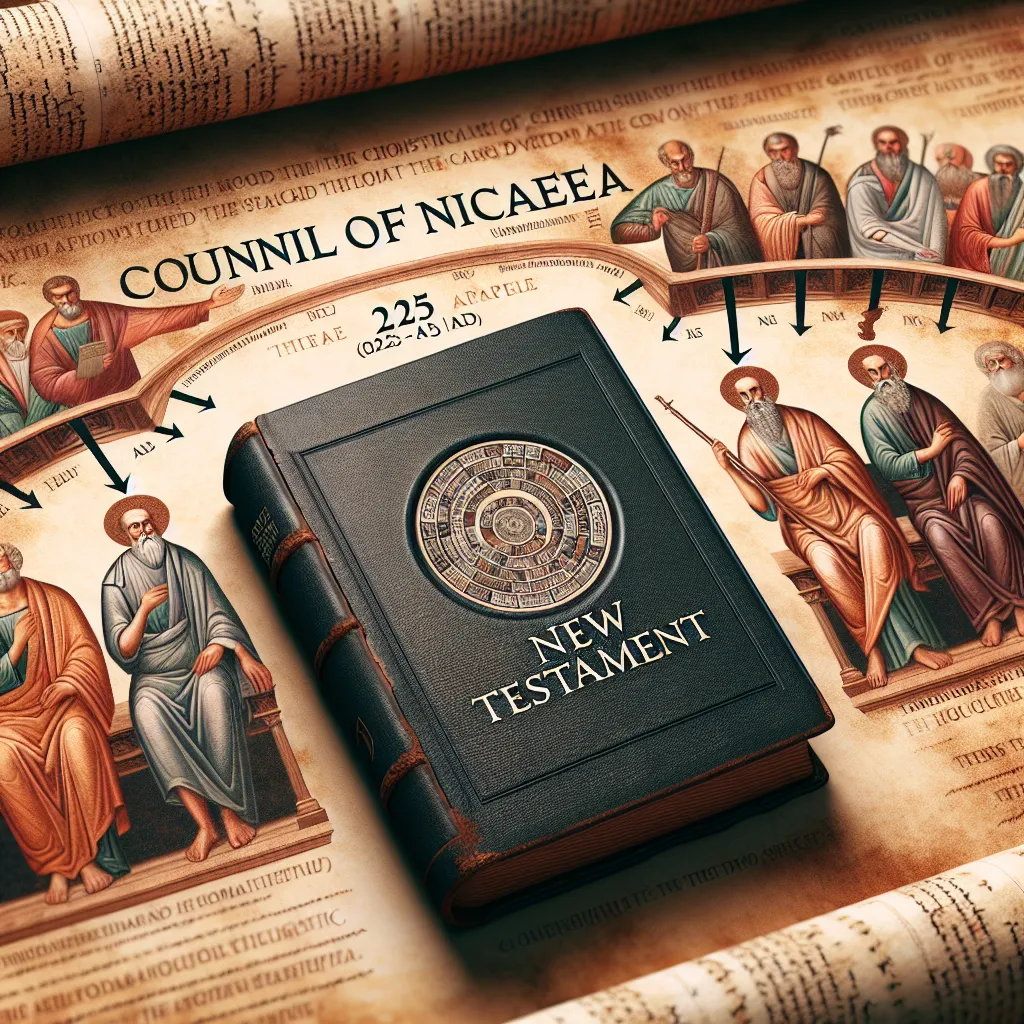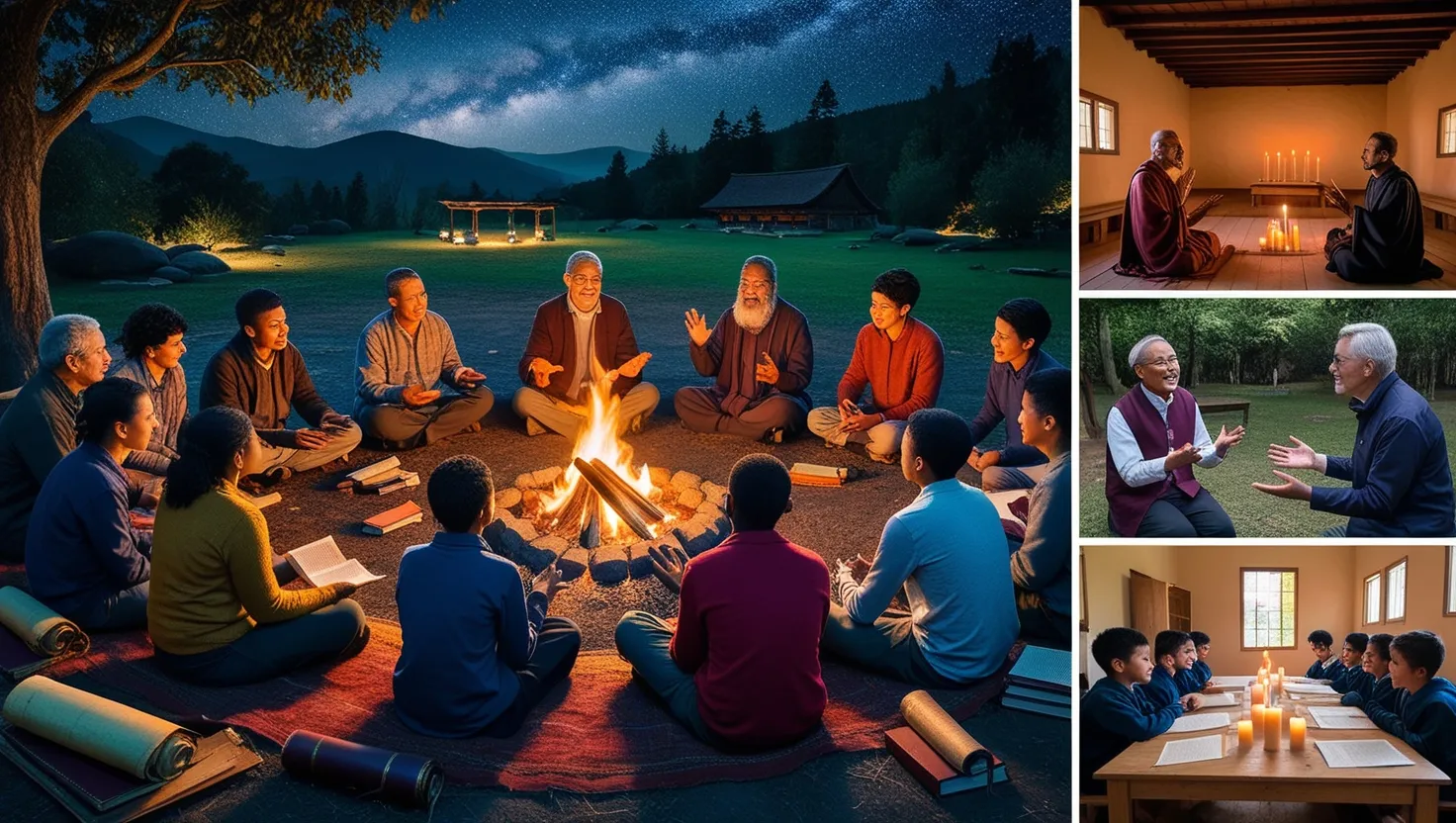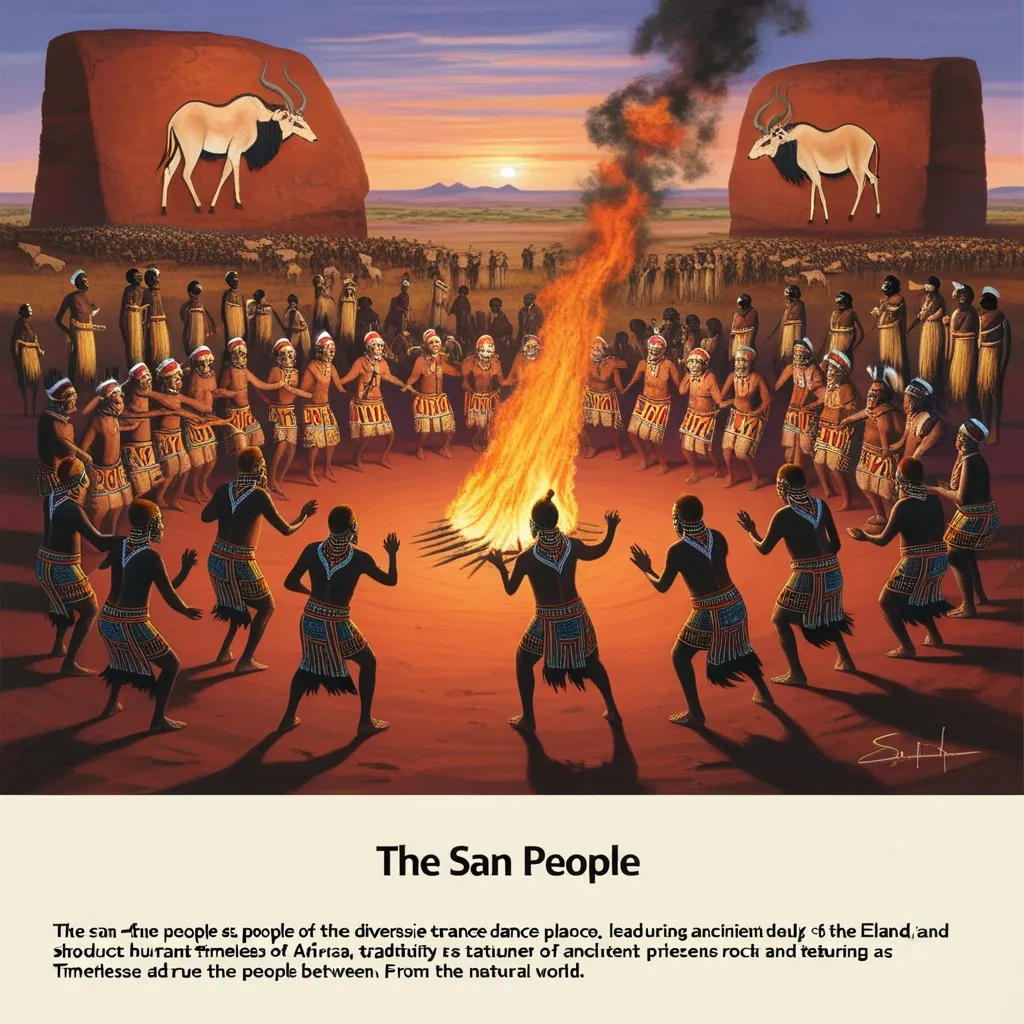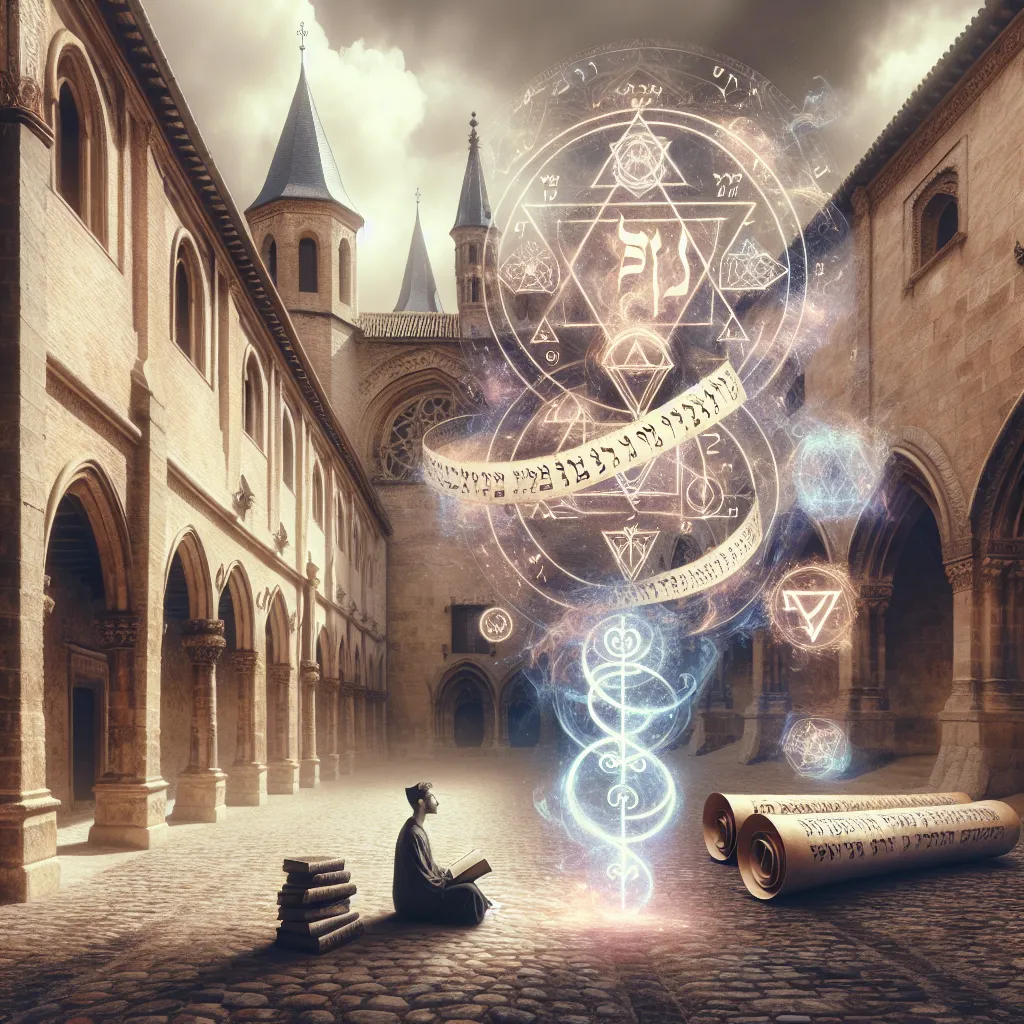Did you know there’s a widespread belief that the Christian biblical canon was decided at the Council of Nicaea? Some even say Emperor Constantine himself made the call. This is a big myth, though, and it’s surprisingly popular on social media.
The Council of Nicaea actually had nothing to do with the biblical canon. They didn’t discuss it at all in their meetings. The creation of the New Testament canon didn’t just happen in one go; it was a lengthy, evolving process. This development took centuries, even continuing well beyond the 3rd century and the time of the council in 325 AD.
By the time the Council of Nicaea took place, the basic framework of the New Testament was already established. It had naturally come together over the years. So next time you see someone spreading these misconceptions about the Council of Nicaea, you can set the record straight.






